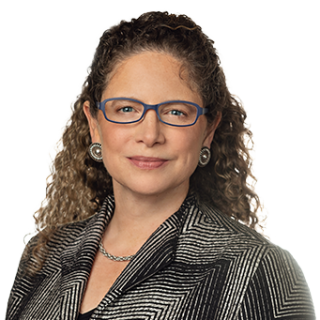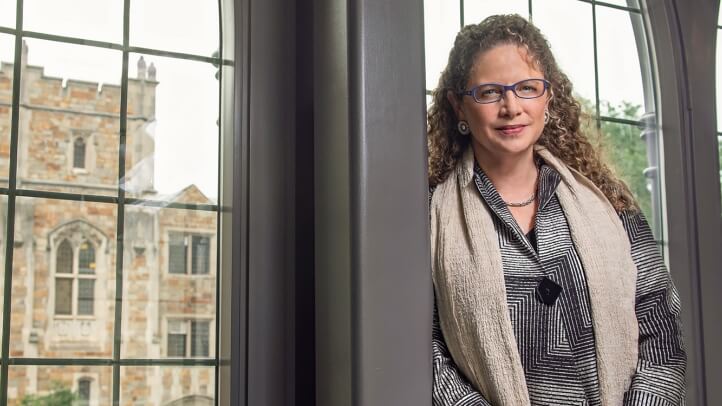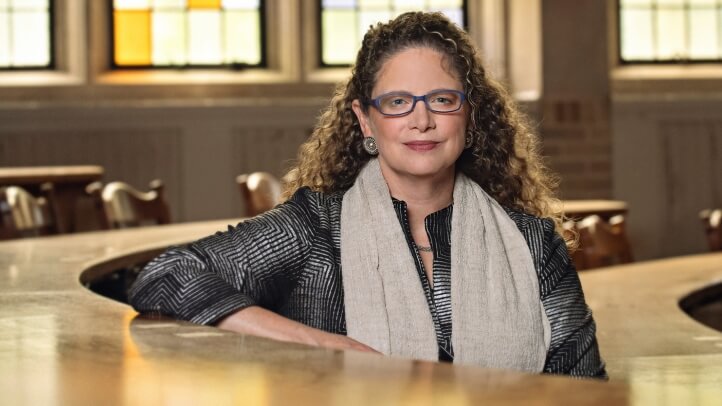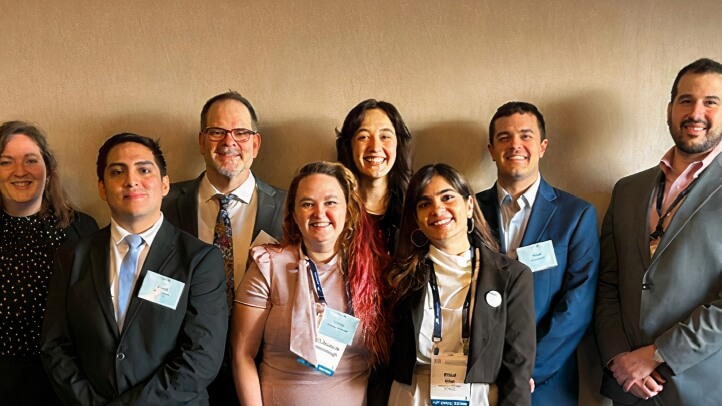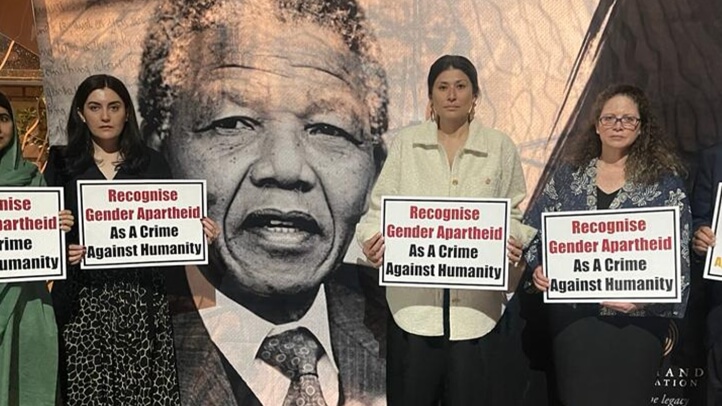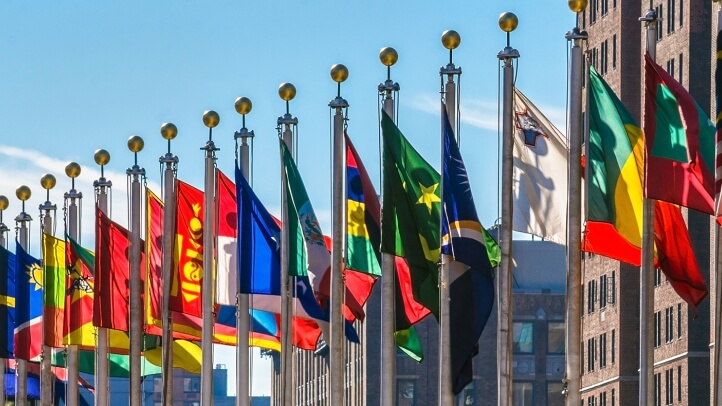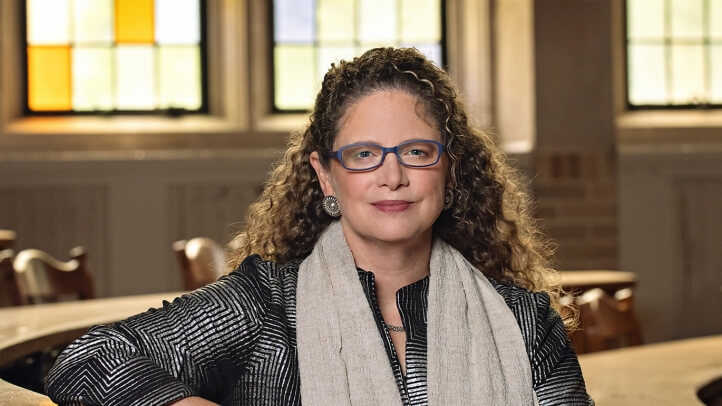Bennoune served as the UN Special Rapporteur in the field of cultural rights from 2015 to 2021. She also was appointed as an expert for the International Criminal Court in 2017 during the reparations phase of the groundbreaking case The Prosecutor v. Ahmad Al Faqi Al Mahdi, which concerned intentional destruction of cultural heritage sites in Mali.
In September 2023, she addressed the UN Security Council about gender apartheid in Afghanistan. In December 2023, she traveled to South Africa with Nobel laureate Malala Yousafzai to participate with her and Nelson Mandela’s widow, the prominent human rights advocate Graça Machel, in a panel following Malala’s Nelson Mandela Annual Lecture. The Women in International Law Interest Group of the American Society of International Law (ASIL) presented her with its 2024 Prominent Woman in International Law Award. Elected a Vice President of ASIL in 2025, she will serve as a co-chair of its 2026 annual meeting.A former legal adviser for Amnesty International, she has carried out human rights missions in most regions of the world.
From 2012 to 2022, Bennoune served on the faculty of the University of California, Davis School of Law, becoming the Homer G. Angelo and Ann Berryhill Endowed Chair in International Law and a Martin Luther King Jr. Professor of Law. Previously, she taught at the Rutgers School of Law-Newark, where she was professor of law and the Arthur L. Dickson Scholar. She received the Chancellor’s Distinguished Research Award. When Bennoune first taught at the University of Michigan Law School in 2001, she won the L. Hart Wright Award for Excellence in teaching.
Her book, Your Fatwa Does Not Apply Here, received the 2014 Dayton Literary Peace Prize for nonfiction. Released by W.W. Norton & Company in August 2013 and in paperback in 2014, the book addresses the work of many people of Muslim heritage against extremism and terrorism. The TED talk based on the book, “When people of Muslim heritage challenge fundamentalism,” has received more than 1.5 million views.
Since 2018, Bennoune has been a member of the Board of Editors of the American Journal of International Law (AJIL). Her academic publications have appeared in many leading journals, including AJIL, the Berkeley Journal of International Law, the Columbia Human Rights Law Review, the Columbia Journal of Transnational Law, and the European Journal of International Law.
Her topical writing has been published by the New York Times, San Francisco Chronicle, the Huffington Post, Open Democracy, Reuters, and the Washington Post.
Making frequent media appearances, Bennoune has spoken on CNN’s “Anderson Cooper 360,” CNN International, MSNBC’s “All In with Chris Hayes,” Fox Business News, Sky News, National Public Radio, BBC Radio and Radio France Internationale.
In 2007, Bennoune became the first Arab-American to win the Derrick Bell Award from the Association of American Law Schools Section on Minority Groups. She received the 2016 Rights and Leadership Award from the International Action Network for Gender Equity & Law. In 2017, she was named one of the Lawdragon 500 Leading Lawyers in America. Currently, she sits on the Scholar Advisory Board of Muslims for Progressive Values.

